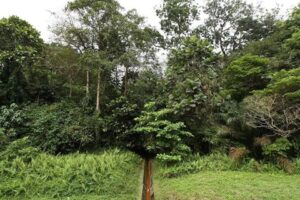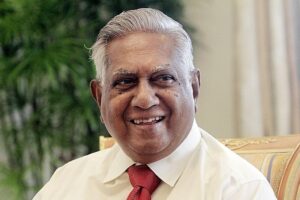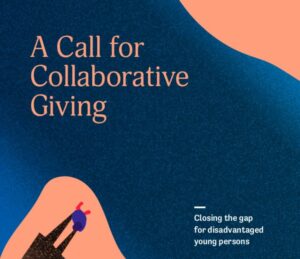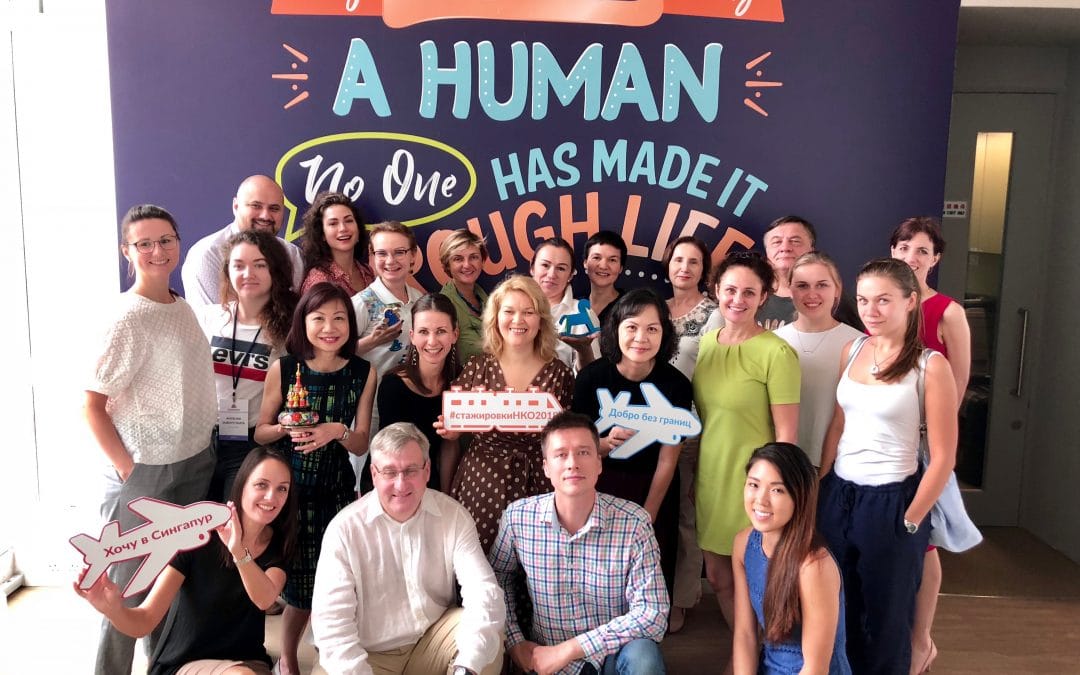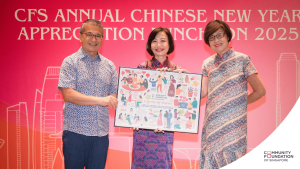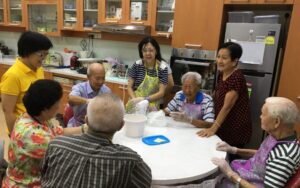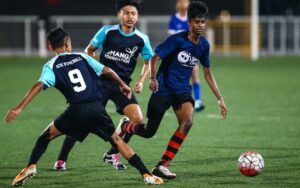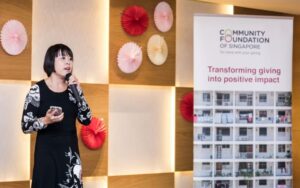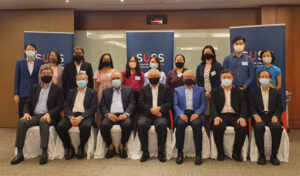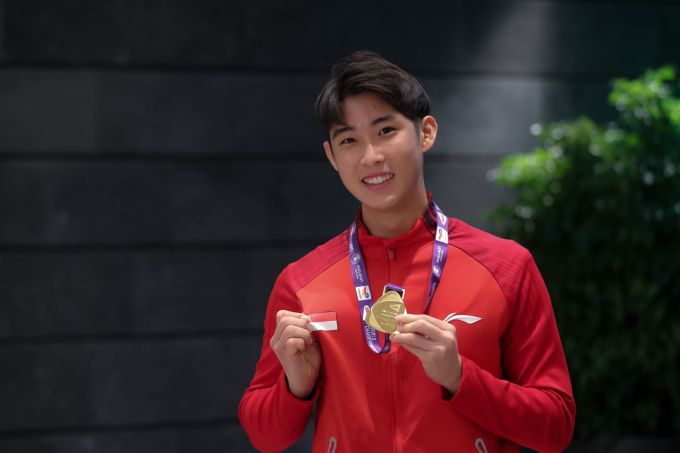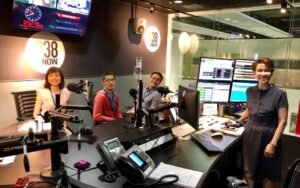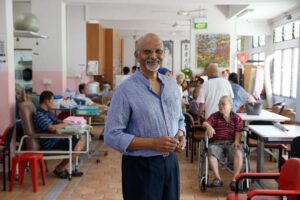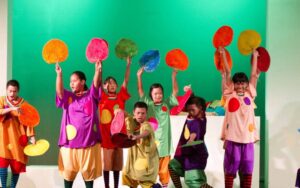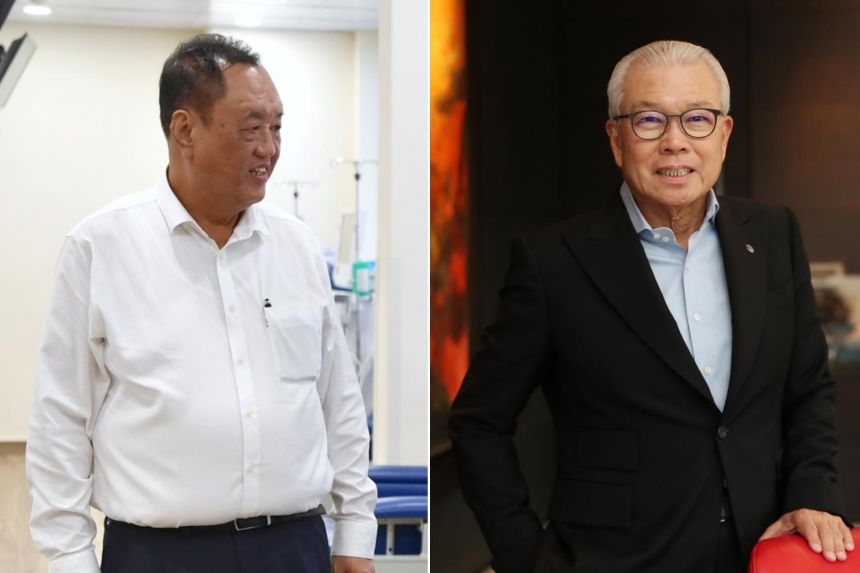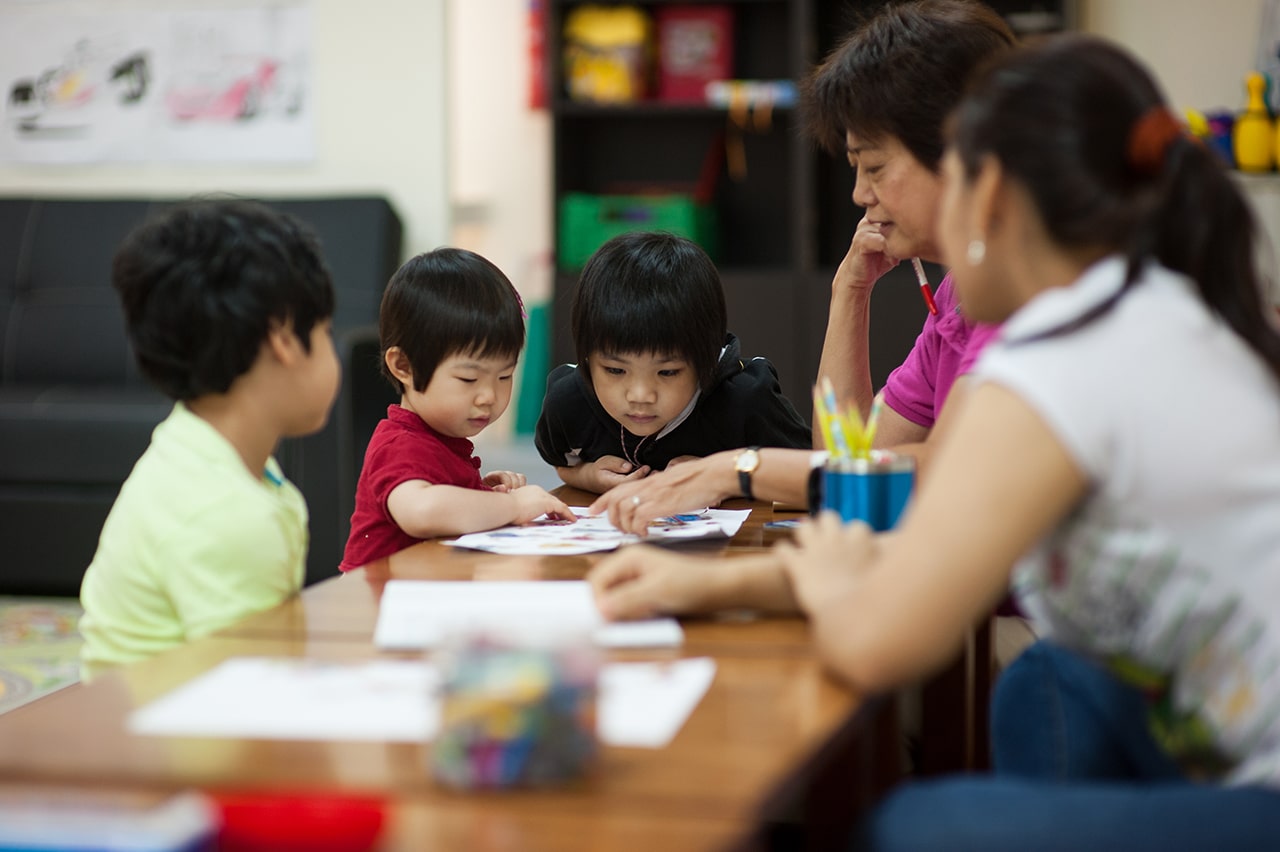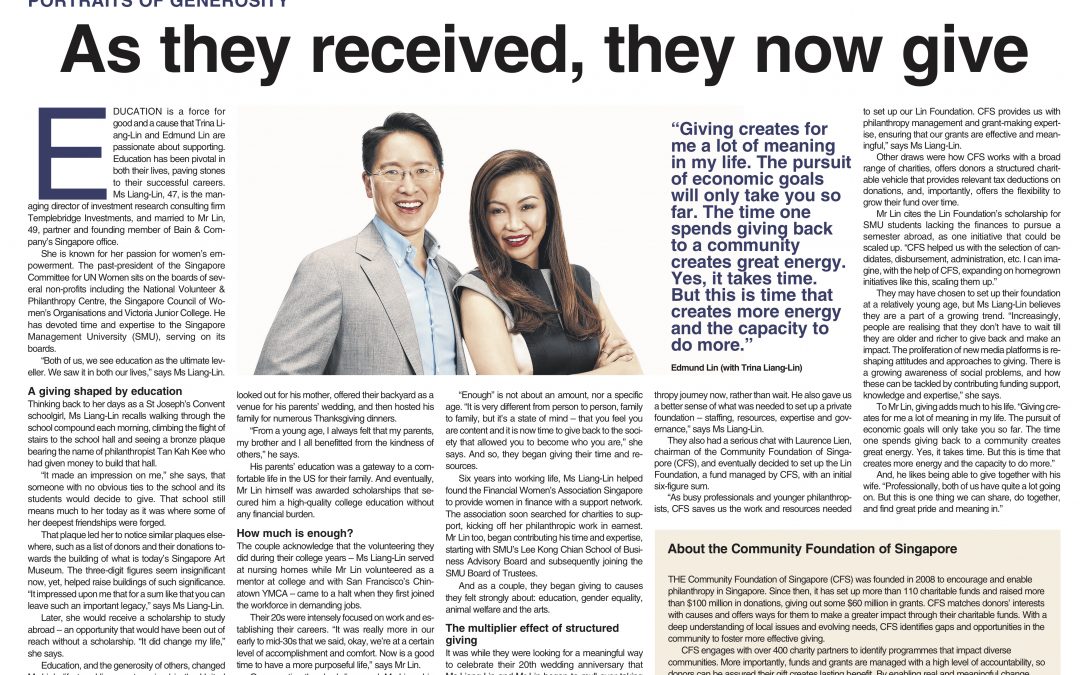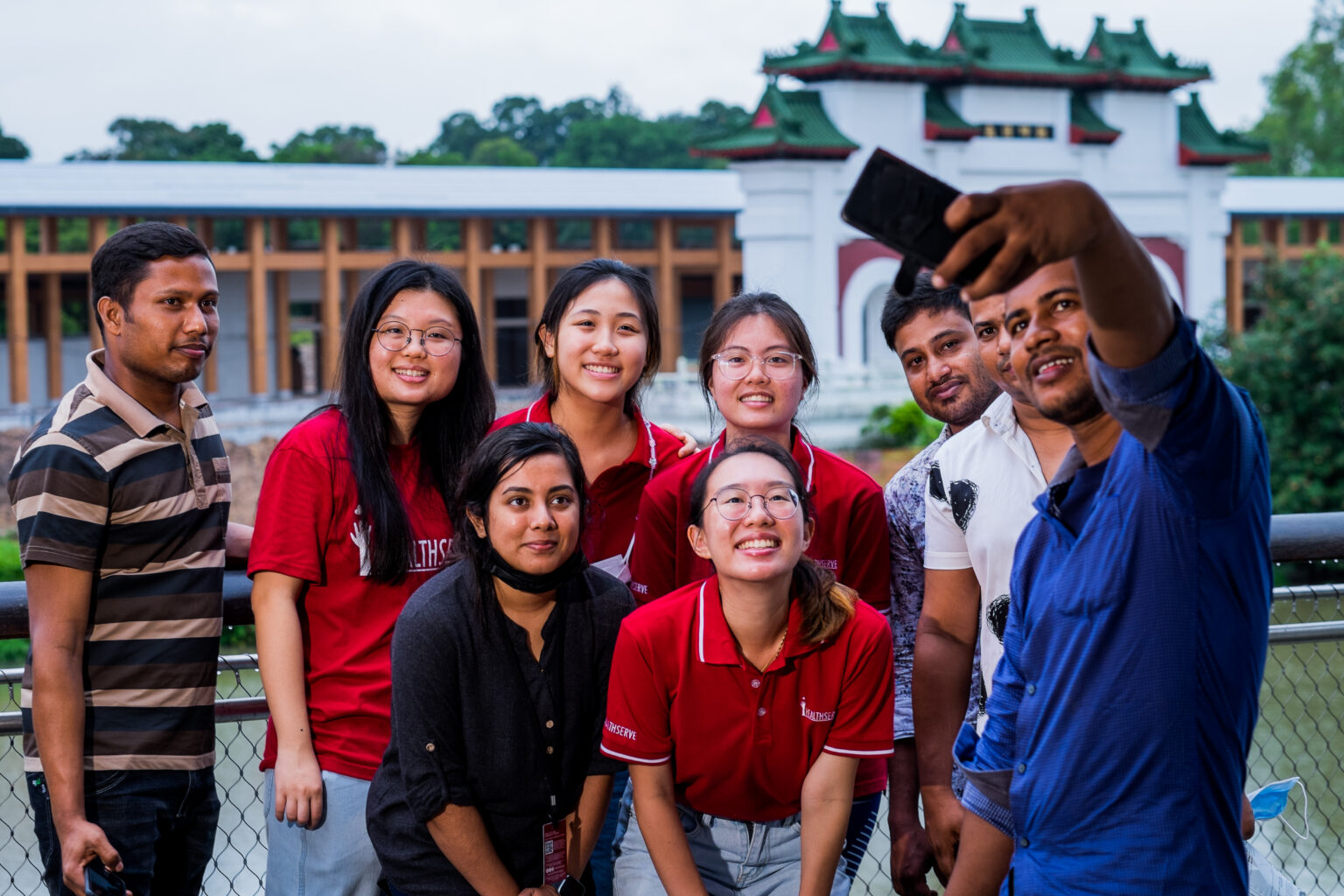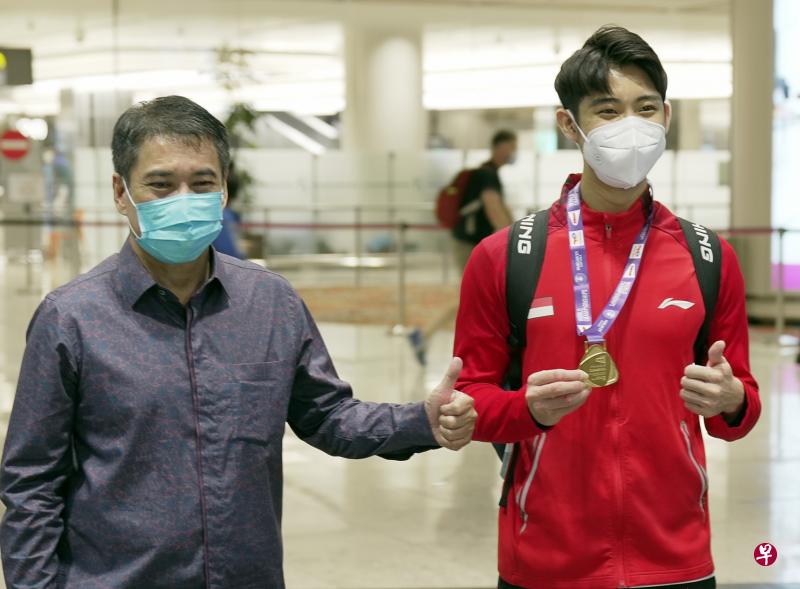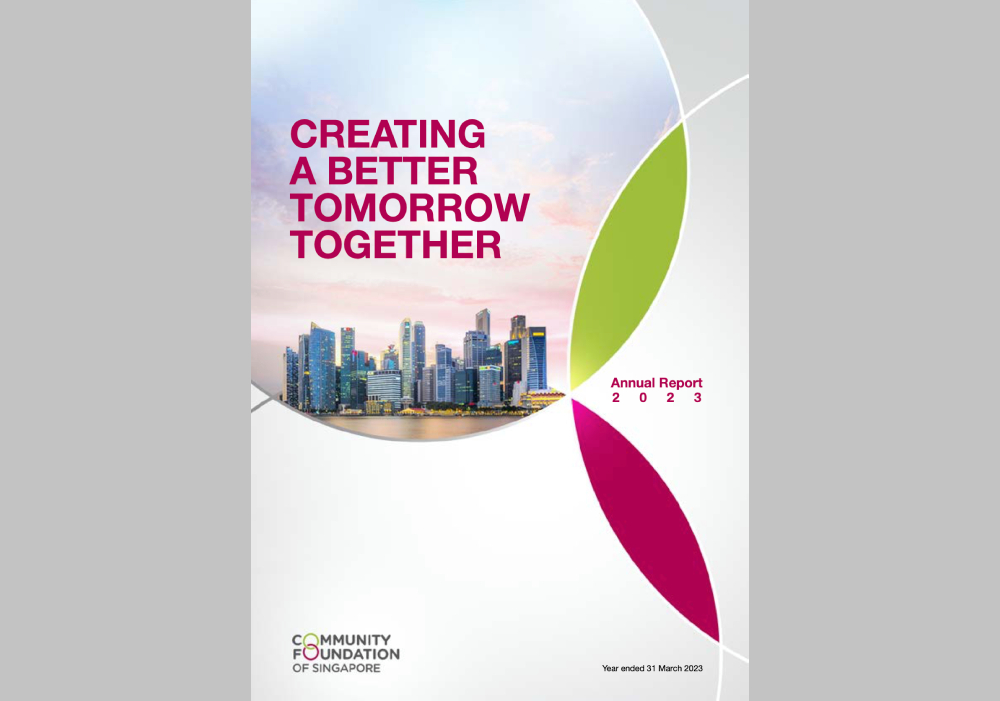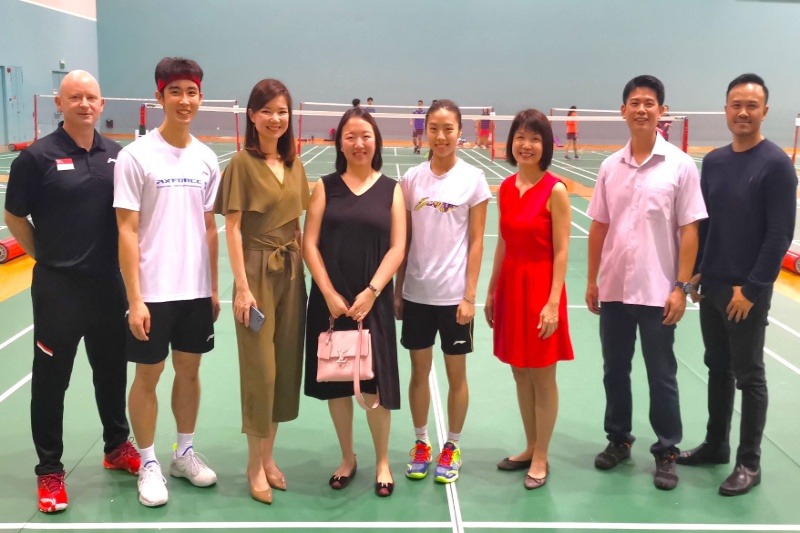COVID-19: Community Foundation of Singapore commits up to S$300,000 to extend student meal subsidies during circuit breaker

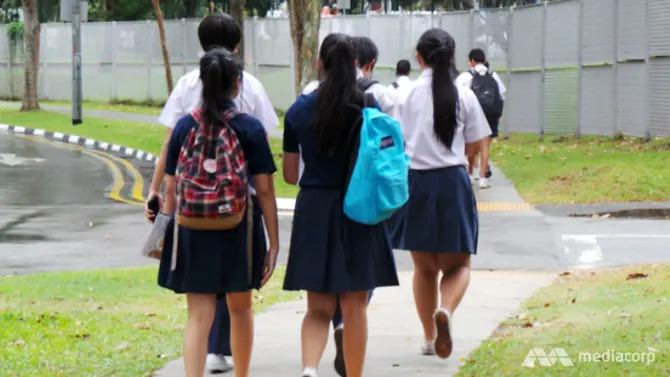
SINGAPORE: The Community Foundation of Singapore (CFS) has committed up to S$300,000 in funding to extend the Recess@Home programme until the end of the “circuit breaker” on Jun 1, the Ministry of Education (MOE) said on Thursday (May 14).
Speaking after the association’s annual general meeting at Kallang Netball Centre on Friday, Liang-Lin, a fund manager for a US$7 billion (S$9.5 billion) firm focused on green real estate investments in Asia, hopes to bring her expertise to the table and increase the amount of financial support for Singapore netball during her four-year term.
The 53-year-old took over from Deputy Speaker of Parliament Jessica Tan, who has been the association’s president since 2012. Tan had reached the end of her tenure, which saw the national team make several breakthroughs, including a gold medal at the 2015 SEA Games in Singapore.
Liang-Lin holds various appointments such as being Singapore’s representative to the G20 for Women appointed by the Ministry of Finance. She is also a board member of the Community Foundation of Singapore, which promotes philanthropy through facilitating the establishment of charitable funds.
She said: “One of the things that is overlooked when we look at philanthropy and fundraising is that sport is not really part of the things that people will automatically think about.
“Less than one per cent of the funds that we raise in the Community Foundation goes to sport. The values that sport brings need to be amplified more, so that corporates… see the need to support sport. I think that link needs to be stronger so that we get not just more corporate sponsors, but also they can come in for longer periods of time.”
While national agency Sport Singapore provides funding to netball, corporates can also do their part, she added.
She said: “If we play our cards correctly, we can get corporates to come in and hopefully support them, to see the wider purpose of sport and bring the nation together.”
She also hopes the association can be proactive in looking for financial support, adding: “We must work more strategically with governing bodies on educating corporates on the importance of really supporting sport.”
The former netball player also made references to the recent Women’s World Cup for football, noting the “ability for a game that focuses on women in the sport to bring global attention”.
She said: “I want that kind of trajectory of the limelight going to women’s sport. I think that is a trend that will continue, and I hope that netball will be part of that trend.”
Meanwhile, Tan was satisfied that she has achieved the three objectives she had set out to do when she came on board – to improve quality of play, build a fan base and create an ecosystem which involves coaches and players.
The 57-year-old added: “As much as I do feel sad about having to step down, but at the same time, leadership renewal is very important.
“I think Trina will help to galvanise the team together, and bring a lot of new perspectives and quality to the association.”
Join us in making an impact on Singapore sports scene! Reach out to us for more information.
Source: The Straits Times © SPH Media Limited. Permission required for reproduction
Lorem ipsum dolor sit amet, consectetur adipiscing elit. Ut elit tellus, luctus nec ullamcorper mattis, pulvinar dapibus leo.Lorem ipsum dolor sit amet consectetur adipiscing elit dolor
John Doe
The competition was organised by City Harvest Community Services Association and received support from FUN! Fund, a Community Impact Fund jointly established by the Community Foundation of Singapore and the Agency for Integrated Care, with the aim of addressing social isolation among the elderly.
Senior Minister of State, Ministry of Communications and Information & Ministry of National Development Mr Tan Kiat How attended the event. He encouraged the elderly to stay physically and mentally well, as well as urging them to participate in community activities and enjoy their golden years together.
Learn more about FUN! Fund at https://www.cf.org.sg/fun-fund/.
The programme provides the children with a non-threatening platform to connect with peers and have positive conversations. In addition, it exposes them to different people who can assist to broaden their perspectives.
L.S., a volunteer with the Reading Odyssey programme @ Spooner Road
中心“常胜将军”胡锦盛:比赛限时反应要快
现年92岁的胡锦盛是最年长的参赛者。自2017年退休后,他几乎每天都到活跃乐龄中心报到,从此爱上了玩拉密,每次可玩上三个小时,在中心是“常胜将军”。
- Related Topics For You: CHARITY STORIES, CHILDREN, DIRECT AID, DONOR STORIES, EDUCATION, FAMILIES, INCLUSIVITY & INTEGRATION, NEWS, YOUTH

Lorem Ipsum is simply dummy text of the printing and typesetting industry. Lorem Ipsum has been the industry's standard dummy text ever since the 1500s, when an unknown printer took a galley of type and scrambled it to make a type specimen book.

